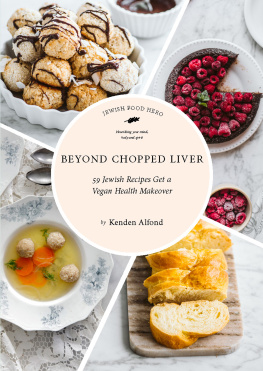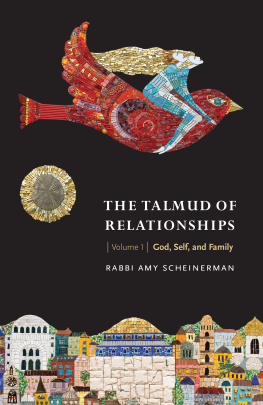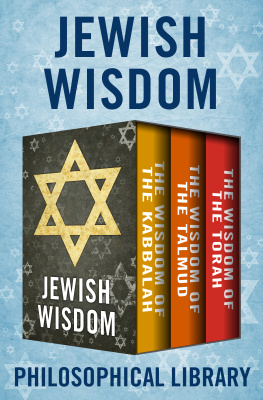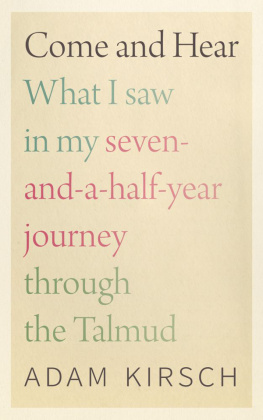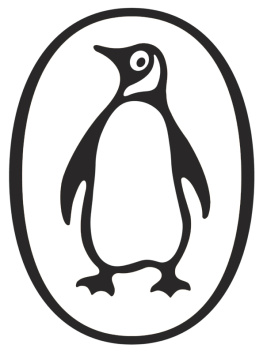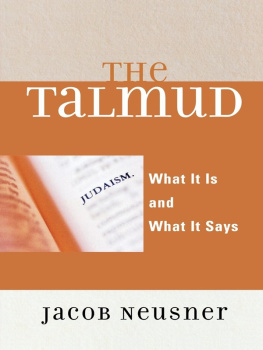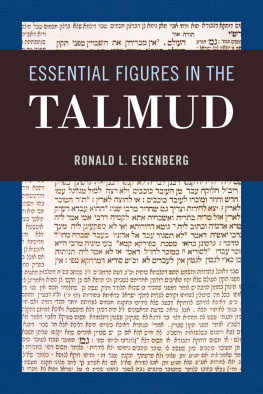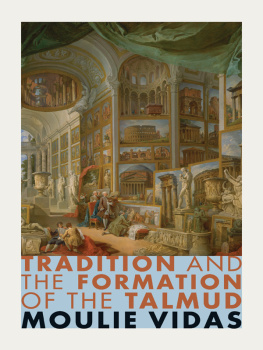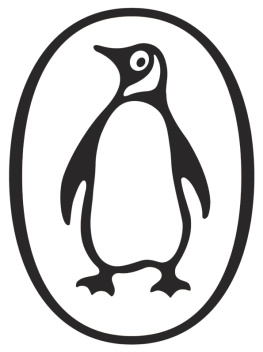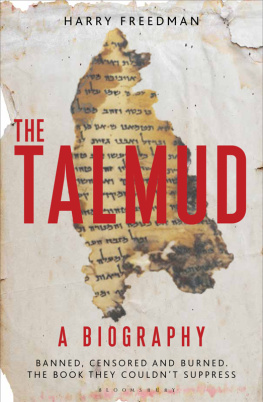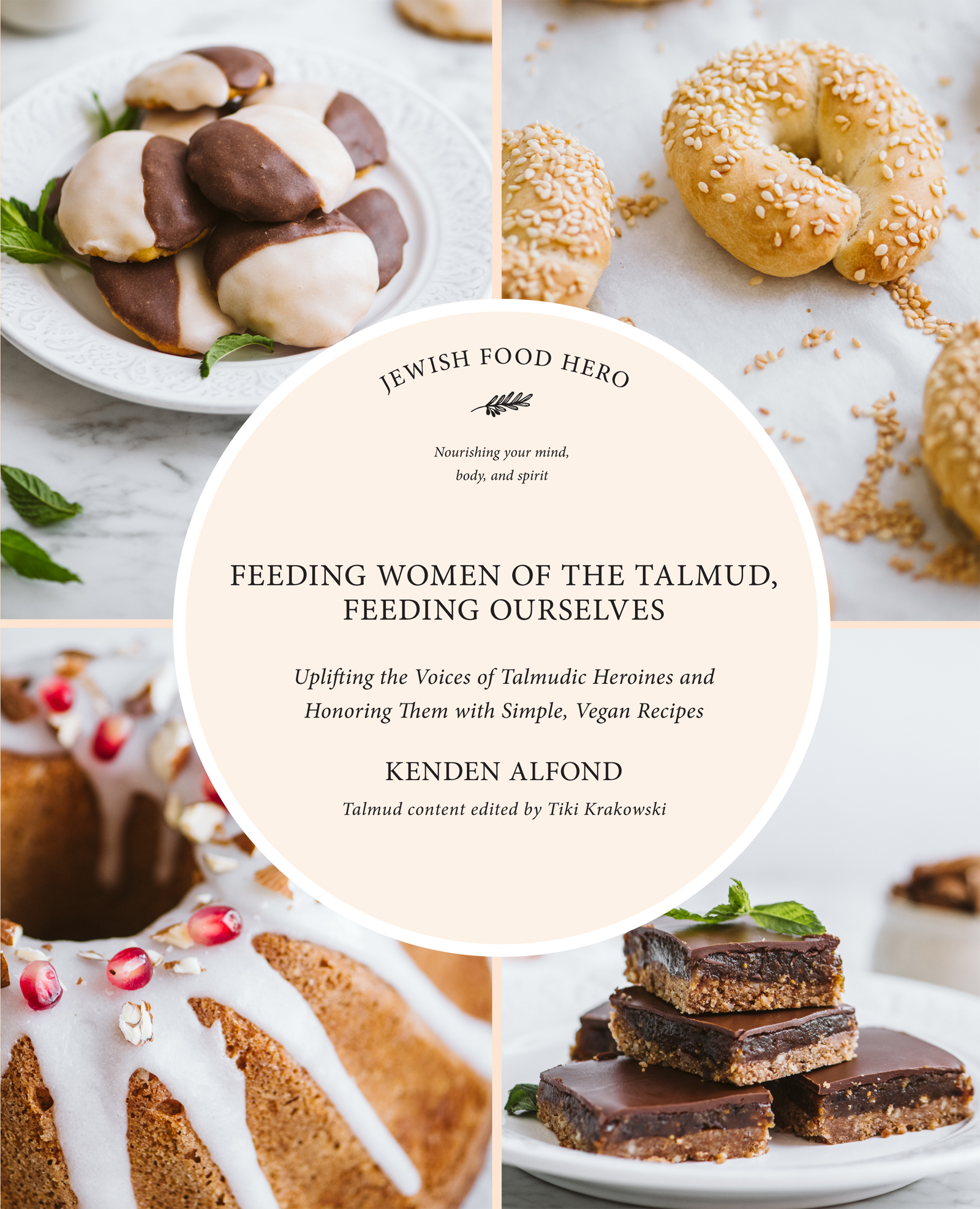FEEDING WOMEN OF THE TALMUD,FEEDING OURSELVES
Uplifting the voices of Talmudic Heroines andhonoring them with simple, vegan recipes
by Kenden Alfond
Talmud content editor: Tiki Krakowski
Cover and book design: Rachel Mendelson

Nourishing your mind,body, and spirit
Copyright 2022 Jewish Food Hero
Feeding Women of the Talmud, Feeding Ourselves
All rights reserved.
No part of this publication may be reproduced, distributed, or transmitted in any form or by any means, including photocopying, recording, or other electronic or mechanical methods, without the prior written permission of the publisher, except in the case of brief quotations embodied in critical reviews and certain other noncommercial uses permitted by copyright law.
ISBN Paperback: 978-1684427000
Hardcover: 978-1684427017
Turner Publishing Company
Nashville, Tennessee
www.turnerpublishing.com
Library of Congress Cataloging-in-Publication Data
Names: Alfond, Kenden, author.
Title: Feeding women of the Talmud, feeding ourselves: uplifting the voices of Talmudic heroines, and honoring them with simple, vegan recipes / by Kenden Alfond.
Description: [Nashville, Tennessee]: [Turner Publishing Company], [2022] | Series: Jewish food hero | Includes bibliographical references and index.
Identifiers: LCCN 2021046007 (print) | LCCN 2021046008 (ebook) | ISBN 9781684427000 (paperback) | ISBN 9781684427017 (hardcover) | ISBN 9781684427024(ebook)
Subjects: LCSH: Jewish cooking. | Vegan cooking. | Women in rabbinical literature. | Food--Religious aspects--Judaism.
Classification: LCC TX724 .A444 2022 (print) | LCC TX724 (ebook) | DDC 641.5/676--dc23/eng/20211028
LC record available at https://lccn.loc.gov/2021046007
LC ebook record available at https://lccn.loc.gov/2021046008
Created by Kenden Alfond
Cover & book design by Rachel Mendelson
Talmud content editor: Tiki Krakowski
Printed in the United States of America
To the women in my family:
my grandmothers, Bibby and Ellen;
my mother, Joan;
and my daughter, Yal
TABLE OF CONTENTS
INTRODUCTION
This project allows contemporary Jewish women to retell and glean meaning from the stories of 69 women in the Talmud and honor them with vegan or plant-based recipes.
Adding a womans point of view to these female Talmudic stories, which were recorded and edited by men, is a bright and encouraging testament to our generation of women engaging in Jewish learning.
The cookbook formula offers Jewish text and recipes together to produce true food for thought.
These community cookbook/studybook projects are collective efforts, involving diverse women from all around the world. Feeding Women in the Talmud, Feeding Ourselves is the co-creation of 129 Jewish women: 69 rabbis, rabbinical students, Jewish teachers, and emerging thought leaders contributed to the Talmudic narratives and 60 female professional chefs and passionate homecooks contributed to the recipes.
The recipes in this book are all vegan and/or plant-based, except in the cases when honey is used. Some will become weekly favorites, while others are meant for special events and holidays. This book seeks to add more Jewish female stories and delicious vegan and plantbased foods to our tables, so we can connect to Judaism and healthy food at the same time.
ABOUT THE TALMUD
Talmud means study in Hebrew. It is a fundamental Jewish text, a record of Jewish oral law and the commentaries expounding on these laws.
Rabbinic Jewish texts discuss two Torahs (teachings) the Written Torah made up of the Five Books of Moses, Prophets, and Writings, and the Oral Torah, which consisted of a related dynamic and ever-evolving tradition. The Talmud reflects one of the earliest attempts to codify and preserve the Oral Torah so that it would not be lost in times of persecution. The Talmud consists of two parts:
- The Mishnah was compiled approximately in the year 200 CE in the Land of Israel. It is a collection of oral laws and practices recorded in Hebrew to preserve the wisdom and tradition of Rabbinic Judaism in that time.
- The Gemara is a written record of the oral discussions, rabbinical analysis, and commentary on the Mishnah, as well as the teachings of the rabbis in the centuries following the destruction of the Second Temple.
There are two Talmuds developed in two different geographic locations. The Jerusalem, or Palestinian, Talmud (aka Talmud Yerushalmi) was produced by Jewish scholars in Northern Israel and completed sometime around 350400 CE. The Babylonian Talmud (aka Talmud Balvi) was produced by Jewish scholars living in Babylonia and was compiled in Late Antiquity (between the 3rd-6th centuries CE). The text continued to evolve for another 200 years.
HOW THIS COOKBOOK IS ORGANIZED:
This cookbook is organized around female stories in the Talmud, presented alphabetically.
Each chapter is devoted to one female character in the Talmud and has the following sections:
- Story: a concise true to the text recounting of the female characters story in the Talmud.
- Context: This section seeks to enhance the stories by exploring their context: providing historical, social, literary, and/or liturgical context for the story; describing what falls before and/or after the particular story in the Talmud and exploring how the context and position of the story reveals more about its meaning.
- Aggadah: a modern commentary or fictional story, uplifting the subjects voice without attempting to neutralize her imperfections, flaws, or struggles.
- Prompts: meaningful questions arising from the story, meant to inspire further reflection for readers today.
- Food offering: one vegan or plant-based recipe, each inspired by or honoring the female Talmudic character.
HOW TO USE THIS COOKBOOK
As a traditional cookbook
Dip in and out at your leisure; be inspired by new recipes coupled with intellectual and spiritual stimulation to deepen the experience.
As a learning experience
Go at your own pace, work through the book learning about the female biblical characters, and enjoy plant-based recipes that might have nourished them.
As a meaningful collective experience
Create a group learning and eating experience by using this book like a book club text. Invite your friends to read a specific female narrative and then cook the recipes together. Think about other recipes that might nourish each biblical character. Use the prompts for reflection as discussion topics to get beyond the small talk that can sometimes dominate our social gatherings.
CHARITY
All of the contributors, including me, volunteered their time and intellectual energy to create this book. As such, all of Jewish Food Heros proceeds from the sale of this book will be donated to a Jewish nonprofit every year.
A FINAL NOTE
Each woman in these stories is a world of her own. Reading about these women might bring up a wide range of emotions and feelings: from happy and delighted, curious and surprised, sad and despairing, to angry and disgusted. Some of the situations faced by the women in the Talmud might feel jarring and removed from our modern experience and sensibilities, while others may feel frustratingly familiar when they pivot on chronic and enduring themes.


